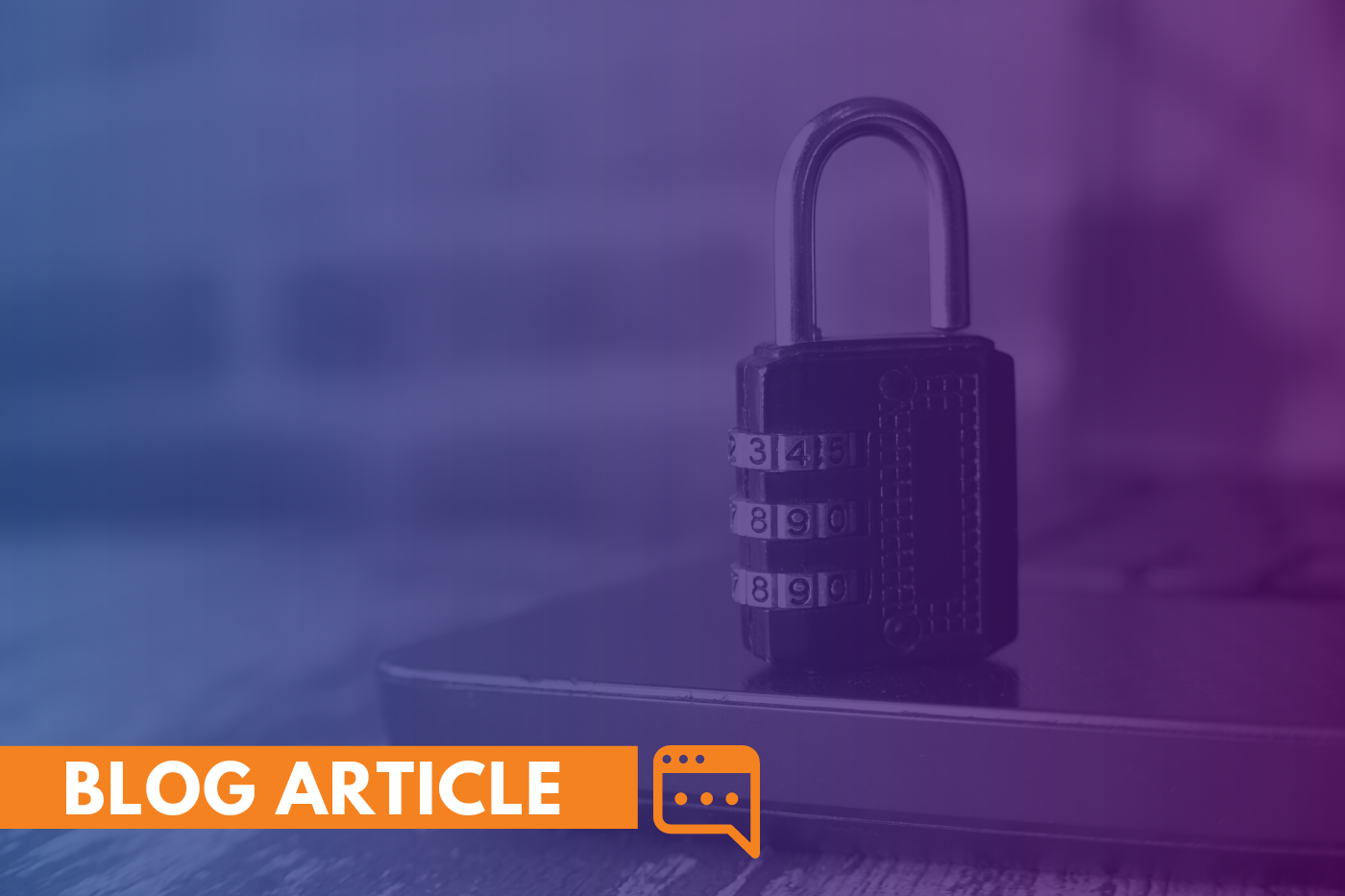

Data privacy: it’s more than just headlines and fines. It’s about safeguarding your customers’ valuable information and building trust – a critical foundation for lasting success.
This Data Privacy Week, Omega Systems empowers business leaders to leverage responsible data handling as a key differentiator. Our nine best practices can help guide you in implementing secure and transparent data practices that not only meet compliance requirements but also build deeper customer relationships, enhance brand reputation, and ultimately fuel revenue growth.
Utilize state-of-the-art encryption protocols to safeguard customer data both in transit and at rest. Encrypting sensitive information adds an extra layer of protection, making it significantly more challenging for unauthorized entities to access or misuse data. Even if unauthorized access occurs, such as in the event of a data breach, the encrypted data remains indecipherable and unusable to malicious actors.
Enforce the principle of least privilege by limiting access to customer data only to those employees who require it for their specific roles. For a one-two punch, complement these measures by adopting a zero-trust framework, treating every access attempt as a potential breach and meticulously scrutinizing each user, device, and action. Regularly review and update access permissions to ensure that only authorized personnel have necessary privileges.
Implement a comprehensive cybersecurity awareness program for both remote and in-office employees. Provide end users with the knowledge to identify and thwart social engineering attacks while actively protecting customer information. Utilize interactive training, phishing simulations, and real-world scenarios to keep employees engaged and incentivized to prioritize cybersecurity best practices. Regularly update training to address evolving threats and red flags, ensuring employees remain well-equipped to tackle emerging cybersecurity challenges.
Keep security software, firewalls, and antivirus programs up to date. Regularly patch vulnerabilities in software to protect against evolving cyber threats. Timely updates are crucial for maintaining a robust defense against potential breaches.
Enhance authentication processes by implementing MFA, requiring users to verify their identity through multiple means, such as passwords or one-time codes. Take MFA to the next level by integrating biometrics and leveraging unique physical or behavioral traits (fingerprints, facial features, or voice patterns) for a more resilient layer of security against unauthorized access and MFA fatigue attacks.
Whenever possible, anonymize or pseudonymize customer data by removing or replacing personally identifiable information (PII). This proactive approach not only safeguards customer trust and your reputation in the event of unauthorized access but also simplifies data governance by reducing sensitive data retention. While some data analysis may be limited, the benefits of protecting individuals and streamlining compliance can outweigh any downsides.
Conduct regular audits to assess how customer data is collected, processed, and stored within your organization. Implement continuous monitoring systems to detect and respond to any unusual activities that may indicate a potential security threat. Additionally, clearly communicate your data handling policies to customers. Provide transparent information about how their data will be used, stored, and protected. Obtain explicit consent for data collection and ensure compliance with privacy regulations.
Stay informed about and adhere to pertinent data protection regulations such as the California Consumer Privacy Act (CCPA) and the Federal Trade Commission (FTC) guidelines, or any other applicable laws in your region or industry. Non-compliance with these regulations can lead to severe consequences, not only in terms of legal repercussions but also damage to your reputation.
Develop a comprehensive data breach response plan outlining the steps to be taken in the event of a security incident. A prompt and effective response can minimize the impact of a breach – from downtime to data loss – on both customers and your organization.
Data privacy isn’t a yearly checkbox; it’s the foundation of trust built day by day with your customers. It’s about protecting real people – individuals who entrust their aspirations, vulnerabilities, and personal information to your brand.
At Omega Systems, we value this human connection and go beyond technical solutions. Our comprehensive security solution offers access to a 24x7x365 Security Operations Center (SOC). This team of dedicated security professionals constantly monitors, detects, and responds to threats, safeguarding your customer data like it’s our own. Gain the expertise and resources you need to protect and honor data privacy and boost your overall cybersecurity posture, all without the burden of building and maintaining your own team.
Connect with our security professionals today to learn more.